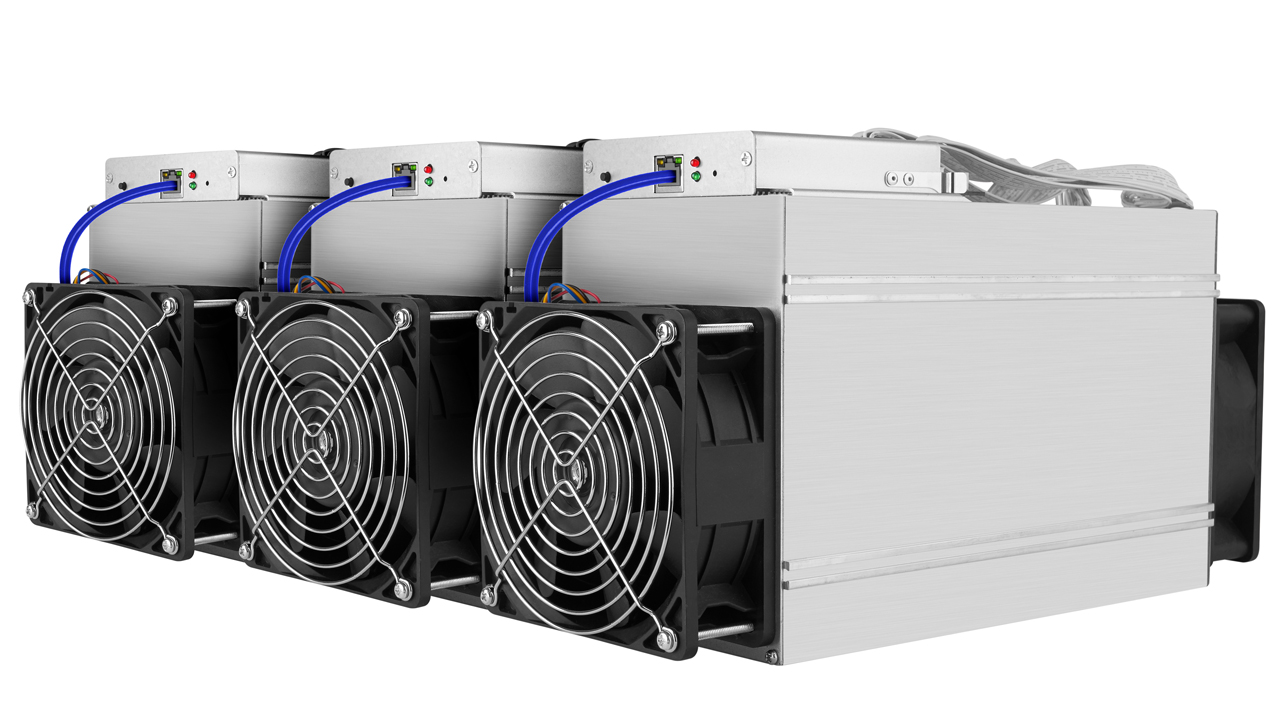While bitcoin is down more than 72% from the cryptoasset’s all-time high, bitcoin mining is expanding at a rapid pace during the decline. On Tuesday, bitcoin miner Cleanspark said its hashrate has exceeded 4 exahash per second (EH/s), and Texas miner Rhodium disclosed that it raised $11.9 million, according to a Sept. 19 Securities and Exchange Commission (SEC) Form D -file. Rhodium further disclosed a merger with Silversun Technologies on September 29. Two days ago, Merkle Standard held a groundbreaking ceremony when it opened a new mining facility in Spartanburg, South Carolina.
Rhodium Raises $11.9M, Reveals Merger With Silversun Technologies
A newly filed SEC Form D filing explains that Rhodium Enterprises, Inc. raised $11.9 million this month, according to a notice of an exempt offering of securities published on September 19, 2022. Ten days later, Rhodium and Silversun Technologies provided details of the two companies will merge.
The newly merged business plans to file for a public listing, and the business combination is expected to close by the end of the year. Texas-based Rhodium uses “proprietary technology to self-mine bitcoin,” according to the firm’s website.
Cleanspark hash rate exceeds 4 exahashes per second
After a series of announcements over the past three months, Cleanspark, Inc. (Nasdaq: CLSK ) revealed on Tuesday that the company’s mining has passed 4 exahash per second (EH/s). Cleanspark states that the company is on track to reach this year’s final target of around 5 EH/s. Cleanspark CEO Zach Bradford said during the announcement of the 4 EH/s milestone that bitcoin mining could decarbonize the economy.
“Bitcoin mining, when done with an eye toward low-carbon energy sources, can accelerate the decarbonization of our economy,” Bradford said. “No other industry can do this like Bitcoin. In addition to being a technology that we believe will revolutionize our monetary system, Bitcoin is also a technology capable of revolutionizing our energy systems, making them more robust, abundant and clean.”
Merkle Standard opens data center in Spartanburg, South Carolina
On Tuesday, Merkle Standard held a data center ribbon-cutting ceremony with Spartanburg County residents, South Carolina State Treasurer Curtis Loftis, BV Power and Congressman William Timmons (R-SC). “This is the future, so digital assets are going to be part of our lives going forward, and it’s great that we’re at the forefront,” Timmons said at the ceremony.
According to local news reports, Merkle Standard’s new facility is a $35 million investment in the Spartanburg County region. Timmons further noted Tuesday that Merkle Standard’s new data center has brought about two dozen jobs to the county, and he added that number is expected to grow.
Tags in this story
$11.9 million, 4 EH/s, 5 EH/s, Bitcoin Miners, Bitcoin Mining, BTC Mining, BTC Mining, BV Power, Cleanspark, Curtis Loftis, data center, Merger, Merkle Standard, Mining Bitcoin, Mining BTC, Mining Facilities, Mining Rigs, Rhodium, Rhodium and Silversun Technologies, Silversun Technologies, South Carolina, Spartanburg County, Texas, William Timmons, Zach Bradford
What do you think about the expansions of bitcoin mining over the past week amid the crypto winter slump? Let us know what you think about this topic in the comments section below.
Jamie Redman
Jamie Redman is the news editor at Bitcoin.com News and a financial technology journalist living in Florida. Redman has been an active member of the cryptocurrency community since 2011. He has a passion for Bitcoin, open source and decentralized applications. Since September 2015, Redman has written more than 6,000 articles for Bitcoin.com News about the disruptive protocols emerging today.
Image credit: Shutterstock, Pixabay, Wiki Commons
Disclaimer: This article is for informational purposes only. It is not a direct offer or solicitation of an offer to buy or sell, or an endorsement or recommendation of products, services or companies. Bitcoin.com does not provide investment, tax, legal or accounting advice. Neither the company nor the author is directly or indirectly responsible for damages or losses caused or alleged to be caused by or in connection with the use of or reliance on content, goods or services mentioned in this article.



